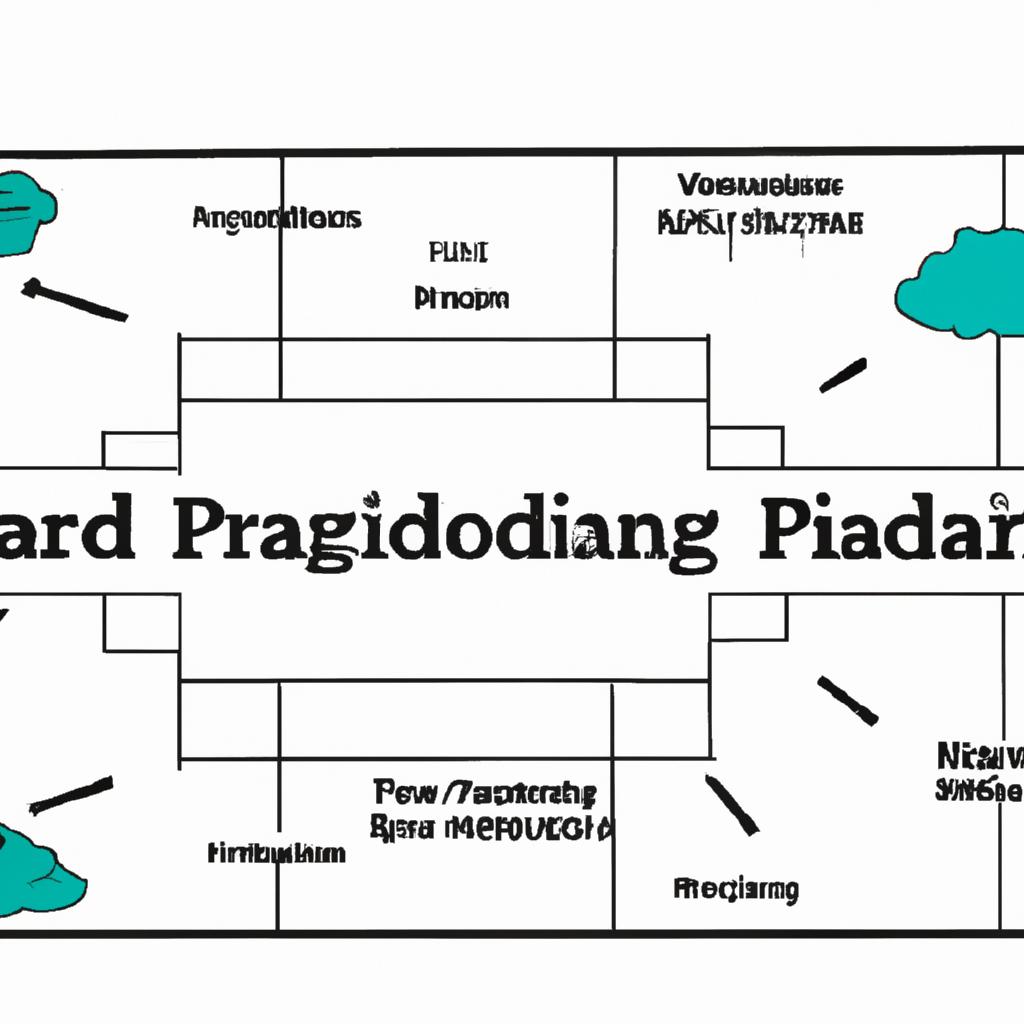In the symphony of modern education, the conductor has traditionally been the teacher, wielding the baton in a classroom, orchestrating the pace and flow of learning. Meanwhile, the students embodied the orchestra players – performing to the rhythm set by their maestro. But what if the concert was reimagined and the scores rewritten? Welcome to the Project Paradigm: the redefining and reshaping of a conventional classroom genre into an engaging, collaborative, and creative composition. Journey with us as we explore this innovative shift that urges us to rethink our established concept of classroom dynamics.
- Reimagining Classroom Interactions through Project-Based Learning means breaking away from the “sit and get” style of instructions. Instead, learners are actively involved in defining the question, designing the research, participating in the process, and shape the final product.
- Empowerment in Education: The Role of the Student in the Project Paradigm signifies shifting the narrative towards a student-centered learning experience. Students, in this paradigm, do not just consume information but evolve into authors or creators of knowledge, giving them a sense of empowerment.
| Step | Action |
| Set clear objectives | Define project goals and deliverables; provide a project timeline |
| Establish a supportive environment | Promote collaboration and provide a structure for group dynamics |
| Encourage reflection | Facilitate regular check-ins and provide constructive feedback |
Like a boat gently steered by the societal currents, the Project Paradigm challenges us to rethink the boundaries and dynamics that traditionally shape our classrooms. It nudges us into uncharted territories, shoehorning us into a future where collaboration, empathy, and critical thinking serve as the capstones in the architecture of learning. As we set our sails towards the horizon of this promising future, let us remember to awaken the spirit of inquiry and innovation in every learner. Let us acknowledge that in the warmth of a collaborative environment, through the Project Paradigm, even the most complex concepts can be disarmingly simple. And, in the end, isn’t that the true beauty of learning? Perhaps, it’s time we shift our perspective, transform our classrooms into laboratories of discovery, and prepare our students, not just for their exams, but for life itself.



